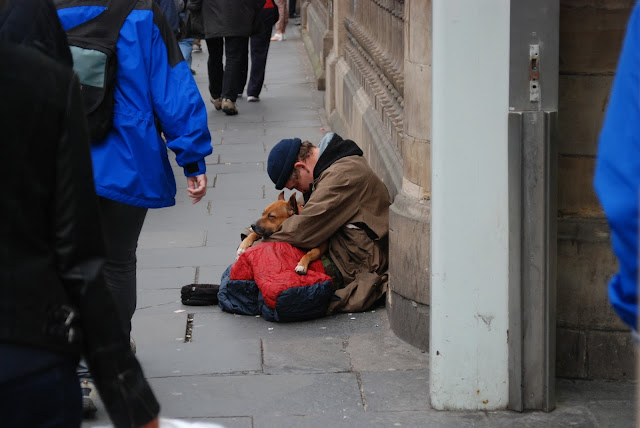Factors Associated with Access to Care and Healthcare Utilization in the Homeless Population of England
BACKGROUND:
People
experiencing homelessness are known to have complex health needs, which are
often compounded by poor access to healthcare. This study investigates the
individual-level factors associated with access to care and healthcare
utilization among homeless people in England.
METHODS:
A
cross-sectional sample of 2505 homeless people from 19 areas of England was
used to investigate associations with access to care and healthcare utilization.
RESULTS:
Rough
sleepers were much less likely to be registered with a general practitioner
(GP) (odds ratio (OR) 0.45, 95% confidence interval (CI) 0.30-0.66) than single
homeless in accommodation (reference group) or the hidden homeless (OR 1.48,
95% CI 0.88-2.50). Those who had recently been refused registration by a GP or
dentist also had lower odds of being admitted to hospital (OR 0.67, 95% CI
0.49-0.91) or using an ambulance (OR 0.73, 95% CI 0.54-0.99).
CONCLUSIONS:
The
most vulnerable homeless people face the greatest barriers to utilizing
healthcare. Rough sleepers have particularly low rates of GP registration and
this appears to have a knock-on effect on admission to hospital. Improving
primary care access for the homeless population could ensure that some of the
most vulnerable people in society are able to access vital hospital services
which they are currently missing out on.
- 1Norwich Medical School, University of East Anglia, Norwich, UK.
- 2Department of Public Health, Essex County Council, Chelmsford, UK.
- 3Homeless Link, London, UK.
- J Public Health (Oxf). 2016 Feb 18. pii: fdw008.



No comments:
Post a Comment